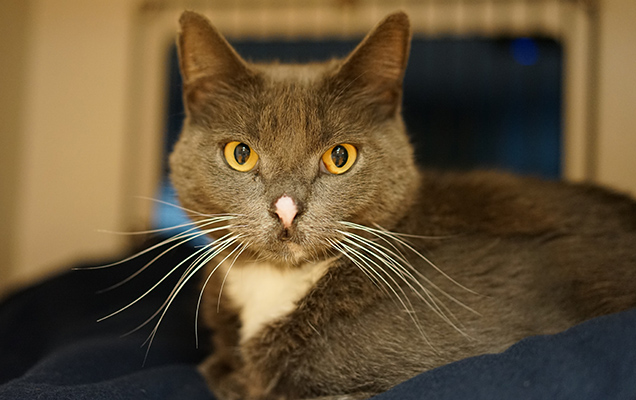If you have noticed that your pet has been excessively scratching, it could be due to a variety of different skin ailments. While some skin ailments are quite common and easily identifiable, there are others which are more difficult to self-diagnose and complicated to treat. There are various ailments which could be causing your furry friend discomfort: infection, parasites, environmental allergens and food allergies.
- Shop Online
- News & Events
- Blog
- Contact
- Seen an animal in distress? Call 1300 ANIMAL(264 625)
-




